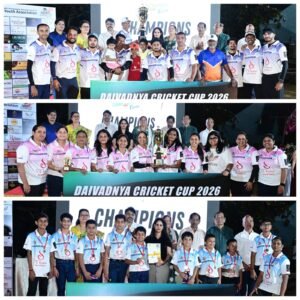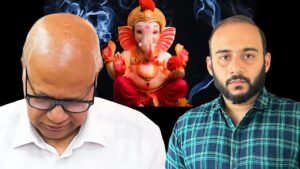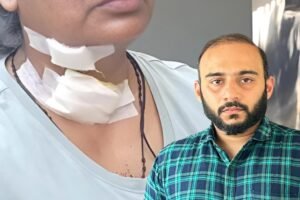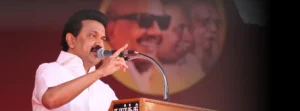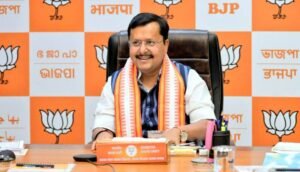Goa to Host Purple Fest 2025, But Is Inclusion Real?
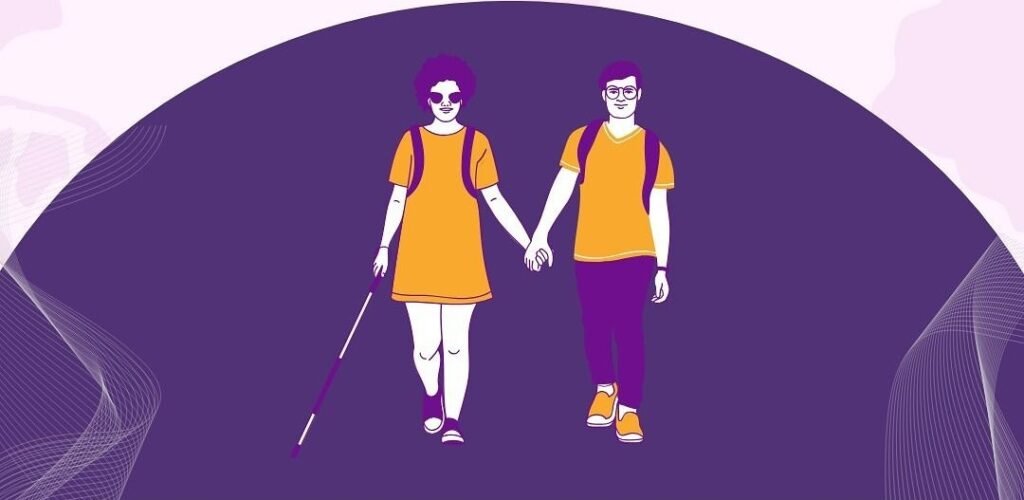
– Vishal Pai Cacode
The Goa Government has announced that the International Purple Fest will return in October 2025, aiming to position the state as a global hub for disability inclusion. But while banners may celebrate diversity and stages may showcase talent, one cannot help but ask: What about the everyday rights and dignity of persons with disabilities (PwDs)? Are we truly implementing the Rights of Persons with Disabilities (RPwD) Act, 2016 in both letter and spirit?
Despite progressive legislation, the ground reality remains stark. Accessibility – one of the foundational promises of the Act is still a daily battle for many. How many public buildings in Goa are accessible? Are our buses wheelchair-friendly? Do our streets have tactile paving for the visually impaired? Does signage in government offices accommodate persons with hearing or visual disabilities? Accessibility cannot be cosmetic or event-based, it must be universal and permanent.
Employment is another area where the gap between intent and implementation is glaring. While the RPwD Act mandates a 4% reservation in government jobs for PwDs, vacancies often go unfilled, or are relegated to token roles that offer little growth or dignity. What proactive steps has the Goa government taken to ensure employment in both public and private sectors? Are there skill development programs designed with diverse disabilities in mind? Are companies incentivized or monitored to ensure inclusive hiring practices?
Inclusivity must go beyond ramps and reservation. It is about participation and representation. Persons with disabilities must be included not as passive recipients of welfare but as active contributors in planning, policymaking, and implementation. How many such individuals are part of Goa’s decision-making bodies? Without their lived experiences at the table, policies risk becoming performative.

Also concerning is the lack of long-term care planning for individuals with autism, intellectual disabilities, or multiple disabilities. While the Purple Fest may shine a temporary spotlight on these issues, the state lacks a sustainable roadmap for their future; especially when parents and guardians are no longer around. Are there residential facilities, assisted living models, or guardianship programs in place? What mental health support systems are accessible and sensitive to neurodivergent needs?
Education, too, remains exclusionary in practice. Despite the mandate for inclusive education, many schools are ill-equipped lacking trained special educators, accessible classrooms, or even the will to truly integrate students with disabilities. Schools and colleges that actively impart education to persons with disabilities must be recognised with special status, and supported through targeted grants, aids, and incentives. Equally important is the need for specialised training programs for teachers and faculty members equipping them with the skills, sensitivity, and tools needed to teach and support students with diverse needs in an inclusive environment.
Commendably, the Disability Rights Association of Goa (DRAG) has consistently advocated for these rights, serving as a strong and unwavering voice for the disability community. Their efforts must be met with equal sensitivity and action from all levels of government.
As we move towards Purple Fest 2025, it is time for legislators, municipal councilors, and panchayat members to step up to listen, learn, and lead with empathy. Disability inclusion must not be seasonal or symbolic. It must be structural, sincere, and sustained.
Festivals may come and go, but the lived reality of persons with disabilities is shaped by daily decisions, systemic support, and unwavering accountability. True inclusion is not an event, it is a mindset, a commitment, and above all, a responsibility.
It’s time for Goa to not just celebrate disability rights but to truly uphold them.

